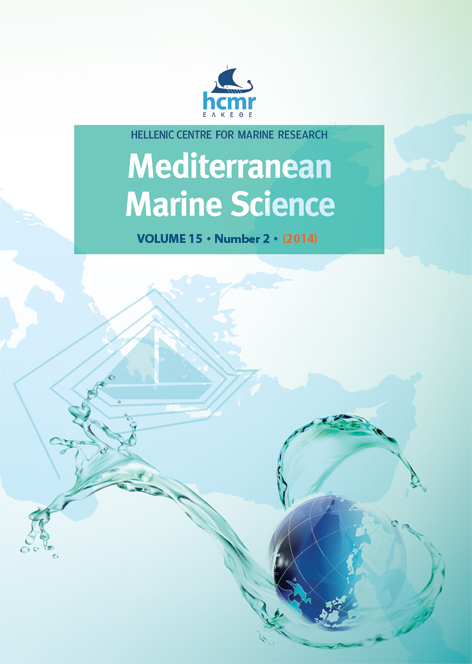First record of the Central Indo-Pacific reef coral Oulastrea crispata in the Mediterranean Sea
Περίληψη
A live colony of a non-indigenous zooxanthellate scleractinian coral was found in shallow water at the west coast of Corsica, western Mediterranean. Its diameter of 6 cm suggests that it has already survived for some years. It was identified as Oulastrea crispata, a species native on near-shore coral reefs in the central Indo-Pacific with a high tolerance for low water temperatures at high latitudes. Based on its morphology it can be distinguished from other zooxanthellate colonial scleractinians in the Mediterranean. O. crispata has a reputation of being a successful colonizer because it is able to settle on a wide variety of substrata and because it utilizes various reproductive strategies as simultaneous hermaphrodite and producer of asexually derived planulae. Owing to its original distribution range in temperate and subtropical waters, it is likely that it will be able to meet a suitable temperature regime in the Mediterranean for further range expansion.
Λεπτομέρειες άρθρου
- Πώς να δημιουργήσετε Αναφορές
-
HOEKSEMA, B. W., & OCANA VICENTE, O. (2014). First record of the Central Indo-Pacific reef coral Oulastrea crispata in the Mediterranean Sea. Mediterranean Marine Science, 15(2), 429–436. https://doi.org/10.12681/mms.751
- Τεύχος
- Τόμ. 15 Αρ. 2 (2014)
- Ενότητα
- Short Communication
Authors who publish with this journal agree to the following terms:
- Authors retain copyright and grant the journal right of first publication with the work simultaneously licensed under a Creative Commons Attribution Non-Commercial License that allows others to share the work with an acknowledgement of the work's authorship and initial publication in this journal.
- Authors are able to enter into separate, additional contractual arrangements for the non-exclusive distribution of the journal's published version of the work (e.g. post it to an institutional repository or publish it in a book), with an acknowledgement of its initial publication in this journal.
- Authors are permitted and encouraged to post their work online (preferably in institutional repositories or on their website) prior to and during the submission process, as it can lead to productive exchanges, as well as earlier and greater citation of published work (See The Effect of Open Access).





